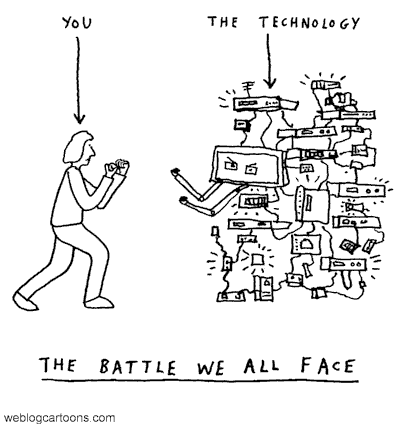http://www.edutopia.org/more-fun-barrel-worms, “Geometry Students Angle into Architecture Through Project Learning” - Sara Armstrong, Edutopia
http://www.edutopia.org/geometry-real-world-students-architects, “March of the Monarchs: Students Follow the Butterflies' Migration” - Diane Curtis, Edutopia http://www.edutopia.org/march-monarchs, one can start to form a framework of what Project Based Learning is all about.
In all three articles there are central circumstances, principles, and roles. These central parts are what make project based learning unique. In looking at the circumstances, you can see that all the schools were looking for active projects that were relevant to the students' lives. Each project was designed to create an authentic learning experience that could be assessed beyond the normal means of test and pencil. The principles that seemed to guide these projects were quite clear. One guiding principle was that each project presented a problem or essential question. This drove the project forward as the students worked collaboratively to solve the problem or question. Another principle was a large focus on authenticity. The teachers who created these projects spent time to make things as real as possible, and even at times took the reality and expanded it to reach thousands of students (i.e. March of the Monarchs). The roles in project based learning are create in a such a way that the teacher serves as only a guide to the students learning. The teacher is not the chief authoritarian, and does not simply lecture to stimulate learning. The teacher helps present the students with the problem or question, and then backs off to the let the students use their creativity and ingenuity.
The role the students play is an essential part to project based learning, because it gets students engaged. As educators, we know that if a student is engaged, they will most likely take ownership of their learning, and ultimately become knowledgeable in the content. This is the style of learning that seems to fit most soundly with students today. We do not want our students to simply be robots, and regurgitate information. We want students who are equipped to lead our country, and we need to start teaching them as if they will be.
*This article is written for a class I am taking at Wilkes University.





1 Comments
Good analysis, Ian. Indeed, authenticity and shifted roles for teachers and students are key to good PBL. And you will soon experience how integral the essential question and challenge are when preparing PBL.
ReplyDelete